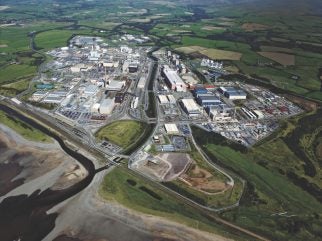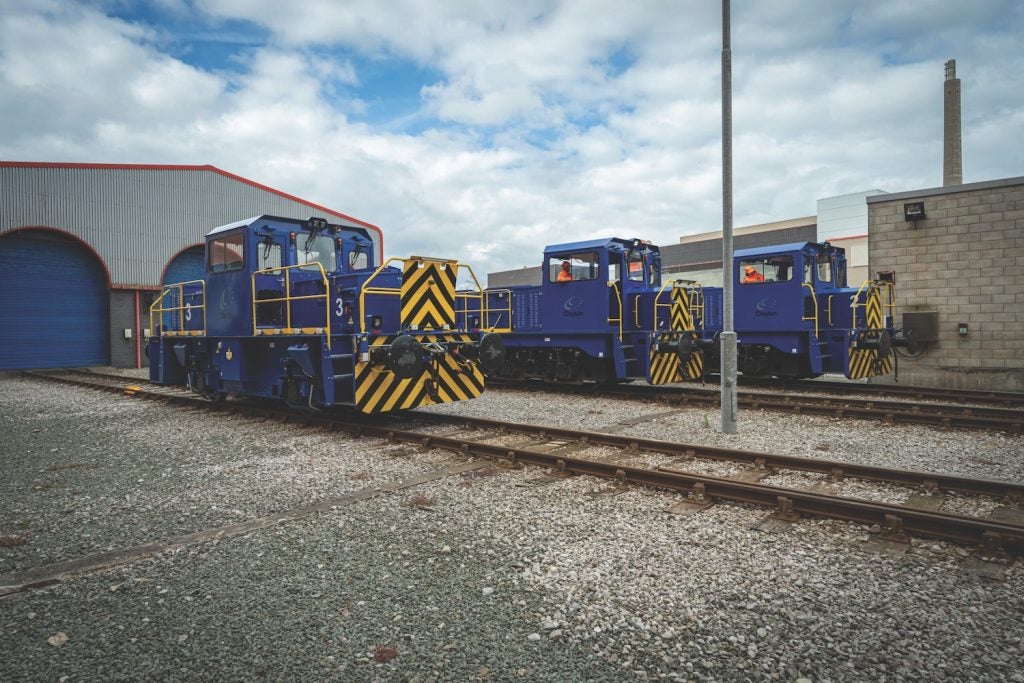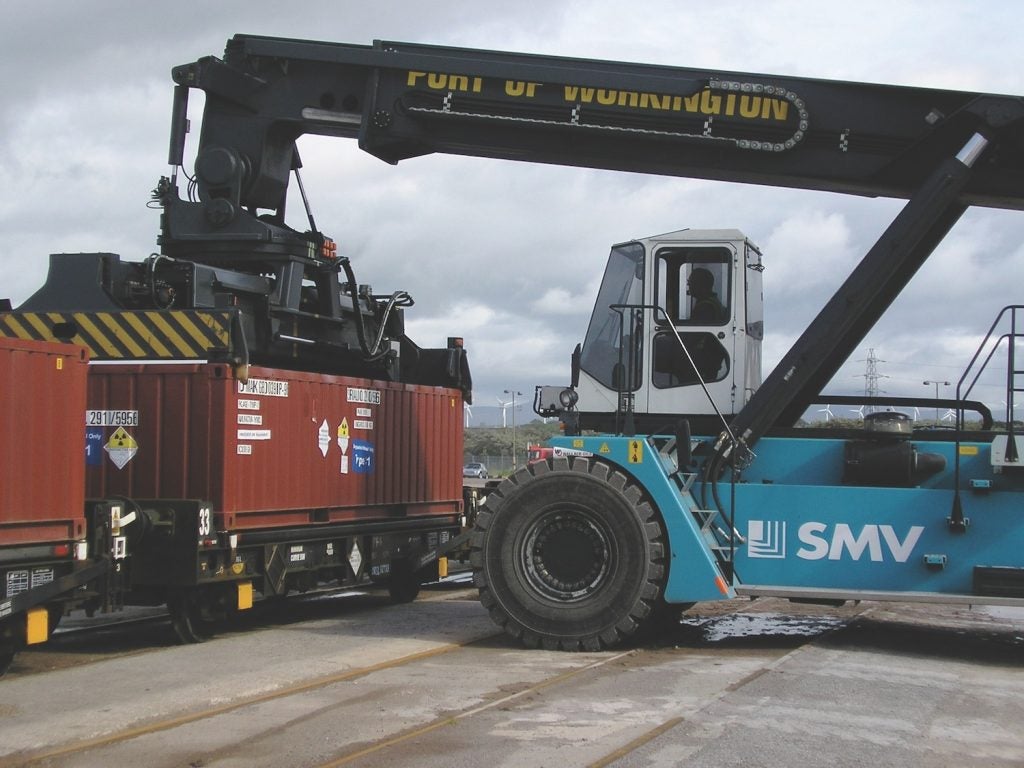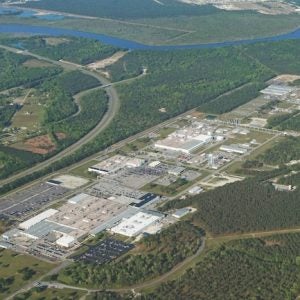
The UK’s ‘game changers’ initiative is an innovation programme that aims to find solutions for complex nuclear industry challenges. Jointly run by National Nuclear Laboratory (NNL) and innovation specialists FIS360, it accepts applications and of all sizes and across all sectors to identify and develop the most promising technologies. In a statement on the Game Changers website, Hilary Royston-Bishop Research and Development Manager at Sellafield Ltd, said: “An organisation with the legacy and complexity of Sellafield needs innovation to succeed and accelerate the delivery of our over-arching mission of creating a clean and safe environment for future generations”. She added: “Through Game Changers, we have been able to prioritise and articulate our decommissioning challenges and reach out globally across diverse sectors. The programme has brought us expertise and technologies from many hundreds of organisations ranging from start-ups and small to medium enterprises (SMEs) to large businesses and academia.” Game Changers nurtures organisations and provides commercialisation mentoring, “enabling us to see the best of these technologies developed and demonstrated in active environments”.
A Game Changers challenge has recently funded a work to the ‘proof of concept’ phase that would allow waste to be autonomously transported around the Sellafield site without human drivers.
The challenge related to waste management on the Sellafield site, where Sellafield Ltd is building new long-term storage facility for existing nuclear inventory from a number of legacy stores across the site. This programme will increase the number of waste package journeys across the site, from monthly to daily.
Currently, waste packages are loaded into wagons to be transported across the site, and then driven under armed Civil Nuclear Constabulary (CNC) escort on the Sellafield site road network. Operations on the Sellafield site are complex and so are the logistics and work management planning requirements, which are assigned and agreed weeks in advance. As a result, it can take seven or eight weeks of planning to move a single package.
Sellafield Ltd wants to use automated processes to transport waste and product packages across the site to reduce its reliance on driver and vehicle availability and to allow it to step up the pace of transfer activities in the coming years. It suggests that reducing the potential risks associated with delivery could improve the efficiency of operations on site. It further believes there is a potential cost benefit of £1 million to £5 million (US$1.3-$6.6m) per year from simplifying operations, maintaining throughput of transfer activities and reducing risk of downtime on downstream plant.

The new storage facility is due to enter service within five years and Sellafield Ltd wants to fully automate package transfers within this timeframe, allowing it to dispense with manual methods.
Sellafield used the Game Changers programme to search for a prototype or high-level concept to take forward. In October 2023 Sellafield Ltd pre-tendered for an autonomous transportation system to automate the waste package transportation. This year it began further development to proof of concept (PoC).
The requirements for the new system say it must be:
- Able to cope with daily journeys.
- Self-powered.
- In constant and secure communication with a base and with CNC, which provides security within the site.
- Able to flag a change in its status to base in the event of breakdown.
- Fully autonomous, from point A to point B, stopping when arriving at the destination and not involving operators.
- Able to transport packages of variable size and shape.
- One single unit – not using a trailer, for example.
- Able to provide a status check ‘heartbeat’.
- Able to flag when something is not working properly.
- Operable in all weathers.
- Fail-safe.
- Triggered at the start by a manual ‘go’ button or similar.
Other considerations may include:
- Building in redundancy to avoid system failure of any critical part of the system or the system as a whole.
- Providing additional containment and shielding of the cargo during transit
In addition, the transfers must comply with safeguards, so they must have an ‘eye on’ approach using technology such as cameras, which must be available continuously to ensure compliance with regulatory requirements.
Sellafield Ltd’s aspiration is that the transport system will be ‘intelligent’. That would mean the system understands the overall layout of the Sellafield site and would be able to service various plants and stores. It would also have the capability to understand obstacles and road closures, as well as being able to navigate unmarked crossroads and pedestrian crossings and abide with regulations.

This requirement is made even more complex because the Sellafield site is unique in its layout and the typical road signage commonly seen on UK highways is not always present in some of the less populated areas of the sprawling site.
Sellafield Ltd sought applications both from organisations that could deliver a full system and from those that had sub-systems such as video analytics that could help to identify pedestrians.
Digital Concepts Engineering Ltd was selected via the Gamechangers Challenge Statement and in January this year Sellafield Ltd provided it with an initial £10,000 (US$13,000) of feasibility funding to support the creation of a business case and a project plan with milestones and funding requirements. The output of this feasibility study was evaluated by Sellafield Ltd and Digital Concept Engineering Ltd has now been awarded £207,000 (US$271,000) in additional funding to take the project to a ‘proof-of-concept’ phase. The aim is to complete that programme before April 2025.






